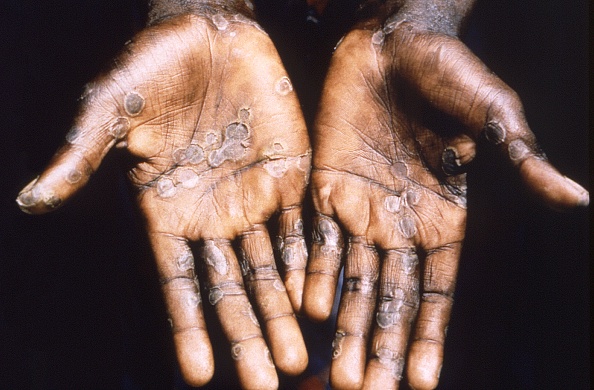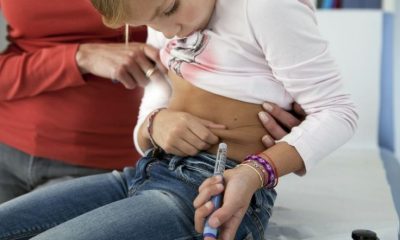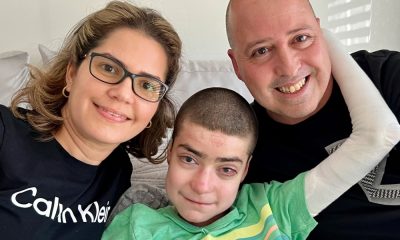The number of children infected with monkeypox has continued to rise alongside adult cases, prompting experts to answer common questions parents might have about the viral disease.
Since July, at least five children have tested positive for the disease, including an infant traveling through Washington, D.C., and two each in Indiana and California.
Per the U.S. Centers for Disease Control and Prevention (CDC), children under 8 have an “increased risk” for developing severe illness due to monkeypox, alongside immunocompromised people and pregnant women.
However, experts urged parents not to panic and instead be aware of what’s going on in the community and what steps to take to keep their families safe.
In an interview with Good Morning America, Dr. Richard Malley, a senior physician in pediatrics, division of infectious diseases, at Boston Children’s Hospital and a professor of pediatrics at Harvard Medical School, said that monkeypox is primarily spread through skin-to-skin contact. This includes intimate contact or just contact with somebody who has an unsuspecting lesion. Shared items like towels and bed sheets and prolonged face-to-face contact can also spread the virus.
Malley sated that parents do not need to be overly concerned with their child getting the virus by touching things like doorknobs or toys. Still, anyone living in high-transmission areas should wipe down surfaces as an extra precaution, and frequent hand washing is encouraged.
As for symptoms, monkeypox usually starts with a fever, headache, chills, and muscle aches before the lesions appear, so seeking medical care as soon as possible is recommended.
The current monkeypox vaccine is available to people ten and older. However, it can also be offered on a case-by-case basis by the U.S. Food and Drug Administration with special permission. TPOXX, an antiviral medication, is also currently being used for treatment.
According to Malley, the best thing parents can do to protect their child is not to panic and pay attention to the virus. Staying vigilant of who their child comes into contact with is also encouraged.
“The importance for parents is that if they know anybody in their surroundings, in their environment, in their family who has a suspicion of being infected with MPX, then, of course, that individual needs to isolate themselves,” Malley added.
The CDC has also released safety guidelines for people infected with monkeypox.















